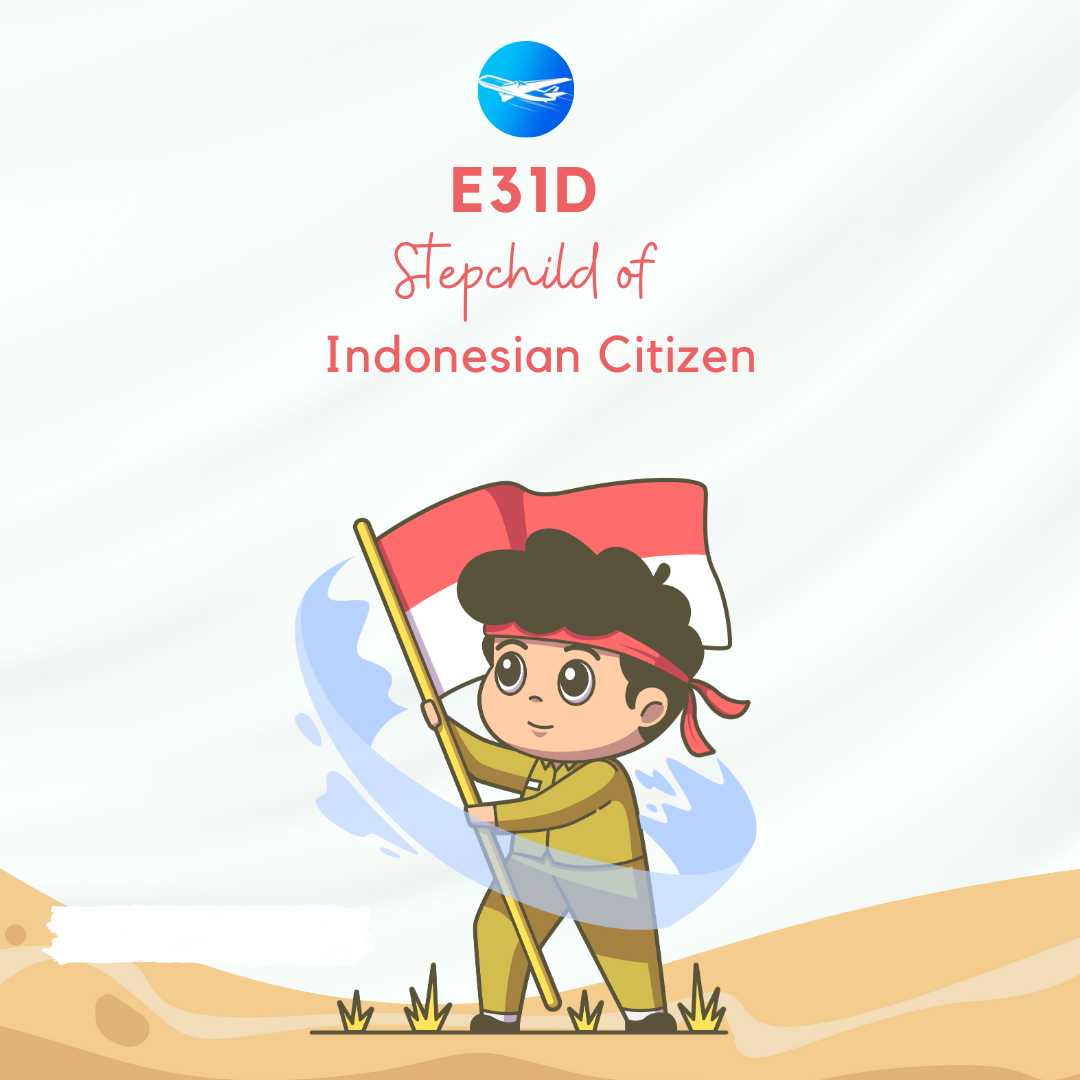In the vast landscape of international immigration policies, the Indonesian Citizenship Act (ATC) stands as a pivotal document shaping the destinies of many. Yet, within its intricate clauses and provisions lies a lesser-known narrative – that of E31D, the stepchild of Indonesian citizenship. This is a story that often remains unheard, buried under layers of bureaucratic complexities and legal intricacies.
E31D refers to the immigration status granted to stepchildren of Indonesian citizens. While seemingly straightforward, this designation often leads to a labyrinth of challenges and obstacles for those it pertains to. In the eyes of the law, these individuals occupy a peculiar position, neither fully embraced as citizens nor entirely recognized as foreigners.
The journey of an E31D holder begins with their familial ties to Indonesian citizens. However, unlike children born directly into Indonesian citizenship, stepchildren face a distinct set of hurdles. The ATC outlines stringent criteria for acquiring citizenship through naturalization, a process that can be arduous and time-consuming. As a result, stepchildren often find themselves lingering in the ambiguous realm of E31D, a status that offers limited rights and privileges.
One of the most pressing issues faced by E31D holders is the uncertainty surrounding their legal status. Unlike citizens or permanent residents, they lack the security and stability afforded by formal documentation. This precarious position can have far-reaching implications, affecting everything from employment opportunities to access to healthcare and education.
Furthermore, the process of obtaining Indonesian citizenship for E31D holders is riddled with bureaucratic red tape. The intricate web of regulations and requirements often proves to be a daunting barrier, leaving many stepchildren stranded in legal limbo. Despite their deep-rooted connections to Indonesian families and communities, they remain on the fringes of society, unable to fully integrate or participate in civic life.
Moreover, the plight of E31D holders highlights broader issues of inclusivity and equity within Indonesian society. As the nation strives towards greater social cohesion and unity, it is imperative to address the systemic barriers faced by marginalized groups. By acknowledging and rectifying the challenges faced by stepchildren of Indonesian citizens, the country can move closer towards realizing its vision of a more inclusive and equitable society.
In conclusion, E31D symbolizes the often-overlooked struggles of stepchildren within the Indonesian citizenship framework. Their journey is one defined by ambiguity, adversity, and the relentless pursuit of belonging. As Indonesia grapples with the complexities of immigration policy, it is essential to ensure that no individual is left behind. Only through fostering a sense of inclusivity and understanding can the nation truly embody its ideals of unity in diversity.


